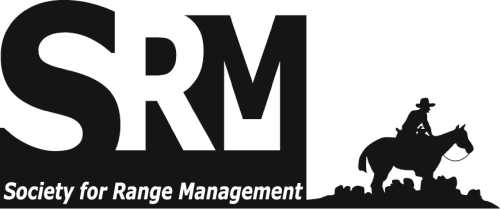On the Ground • Smutgrass (Sporobolus indicus) is an invasive plant in Florida sandy soils, prevalent in central and south Florida where temperatures seldom drop below freezing and hard frost events are infrequent. • Smutgrass becomes nonpalatable to cattle as it matures and cattle avoid grazing it after the emergence of seed stalks and when leaves become tough. However, young smutgrass growth is palatable to cattle. • High stocking densities in combination with severe defoliation have proven deleterious for this grass. This study evaluated the use of increased stock density and rotational grazing management for 3 years following a one-time defoliation by mowing or burning smutgrass infested pastures. The Rangelands archives are made available by the Society for Range Management and the University of Arizona Libraries. Contact lbry-journals@email.arizona.edu for further information. Migrated from OJS platform March 2020

Practical, non-technical peer-reviewed articles published by the Society for Range Management. Access articles on a rolling-window basis from vol 1, 1979 up to 3 years from the current year. More recent content is available by subscription from SRM.